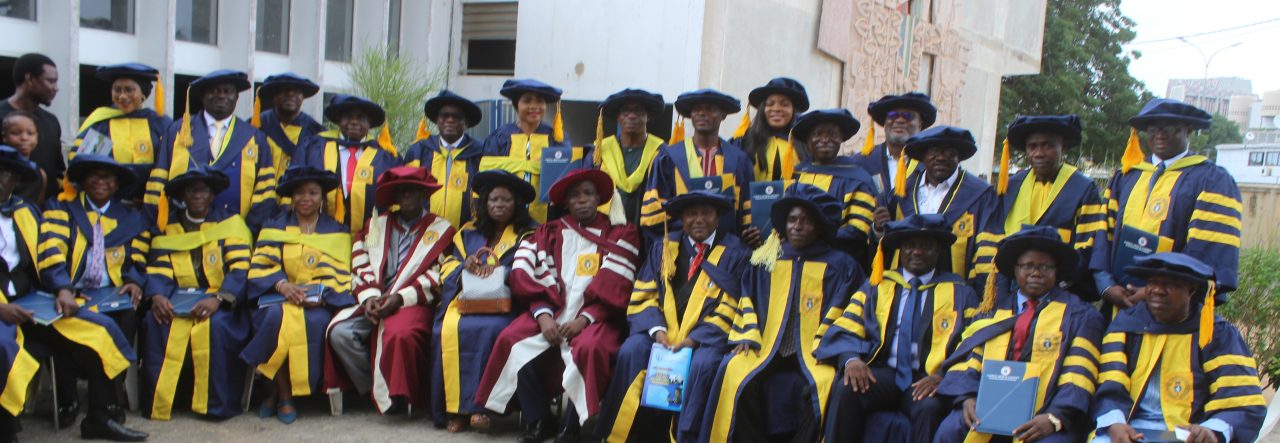
The J.S. Bach Academy
of Music, Arts, Letters and Sciences
Founded in Queensland, Australia, on 8 October 2004 and active internationally.
Meritorious Supporter of the Pontificio Istituto Ambrosiano di Musica Sacra.
Affiliated to the Australian Society of Musicology and Composition.
Affiliated to the J.H. Lewis British Composer Archive
>>Click here to read this page in Italian
The J.S. Bach Academy was initially established in Australia. It has been under the International Executive Presidency of Professor Luca Scotto di Tella de’ Douglas di Castel di Ripa since 12 January 2005. The Chancellor of the University, Professor Edmond John Kersey de Polanie-Patrikios (commonly known by the short form of his name John Kersey), serves as International Executive Vice-President and International Musical Director.
The Academy is a cultural and educational institution that honours the example of J.S. Bach (1685-1750) as a composer and executant musician of genius; a distinguished pedagogue, an intellect of the highest order and a polymathic artist. From the outset its activities have centred not only upon music but on endeavour in other areas such as literature and the sciences. As such, the Academy stands against the fragmentation of human knowledge and promotes unity and interdisciplinary endeavour.
Objectives
As a professional institute, the objectives of the Academy include:
- to promote all fields of culture, art and learning, in a manner consistent with the spirit of J. S. Bach- the great composer, performer and pedagogue;
- to promote appreciation and understanding of the work of J. S. Bach and Baroque Music;
- to provide recognition for excellence and merits in the fields of interest of the Academy; and,
- to encourage, facilitate and promote cordial relations between various institutions of parallel and complementary objectives;
- to provide expert advice on issues pertaining to the performance and analysis of the works of J. S. Bach;
- to encourage skills and talents;
- to award prizes;
- to promote cultural publishing initiatives;
- to promote humanitarian and charitable initiatives and values; and,
- to encourage amicable and respectful relations between persons of different religions.
The leadership of the Academy considers the work of J.S. Bach as exemplifying the ideal of humbly dedicating intellectual and creative achievement to the glory of God and the benefit of mankind, as well as tirelessness in the the continuing pursuit of technical skill. The Academy does not discriminate on the grounds of religion and is ecumenical in its orientation. Official languages of the Academy are English and Italian.
Membership
Membership of the Academy in its various ranks may be conferred upon persons of distinguished merits, and who sympathise with its objectives. The membership is directed towards performers or researchers into Bach’s work, as well as persons of comparable standing in any field. Suitable candidates may be appointed as Professors or Honorary Professors (within the Academy as a division of European-American University), or awarded Fellowship or Licentiateship based on prior achievement. Admission to membership is by invitation only.
Through European-American University as the awarding body, the Academy also makes available the degree awards of Magister, Magister Emeritus and Doctor Emeritus based on prior achievement. The academic support for these awards is provided through the experts affiliated with University’s Henderson Memorial School of Music as well as by external consultants.
The Academy is accredited by the Anglican Association of Colleges and Schools.
The Academy welcomes the opportunity to establish co-operative and collaborative relations with other institutions of complementary objectives.
Professional diploma awards
Candidates for professional diploma awards of the Academy are required to make a submission of work, as either a performer, musicologist or composer.
The guidelines for submissions are outlined below.
The professional diplomas are mapped to the levels established by UNESCO’s International Standard Classification of Education (ISCED) (2011 edition) for easy comparability across different educational systems. All diplomas are currently mapped to UNESCO ISCED level 5 and so are considered equivalent to a Certificate in Higher Education. Information on fees for awards at Cert.H.E. level is here.
Performer Diploma
Candidates are required to submit one of the following:
- A video recording of a live performance, before an actual audience, of the candidate performing works of J.S. Bach (of at least 45 minutes duration);
- A CD or audio cassette recording of live performances of the works of J.S. Bach, of at least 60 minutes duration. Signed and witnessed declarations by at least three independent witness (e.g. professors), that the recording is authentic and made under live performance conditions are to be included.
Musicologist Diploma
Candidates are required to submit an essay/dissertation of 5,000-10,000 words in length, presenting original research or analysis relating to J.S. Bach. A signed and witnessed declaration that the essay/dissertation is the original, unassisted work of the candidate must be included.
Composer Diploma
Candidates are required to submit a folio of composition, including:
- Four fugues of at least 80 bars length, which must demonstrate competence in tonal harmony and counterpoint; and,
- Other compositions for any instrumental or vocal mediums, in any style or form, of a total duration of 10-30 minutes. At least one of the compositions should demonstrate the ability to write in large scale forms.
A signed and witnessed declaration that the compositions contained in the folio are the original and unassisted work of the candidate must be included.




You must be logged in to post a comment.